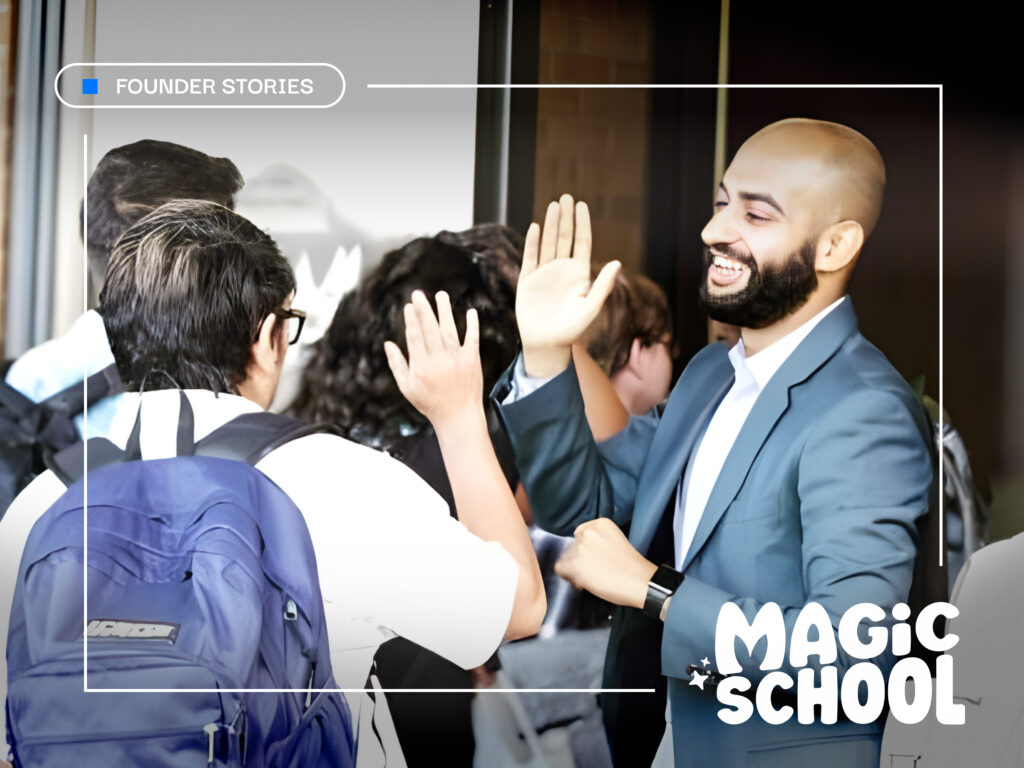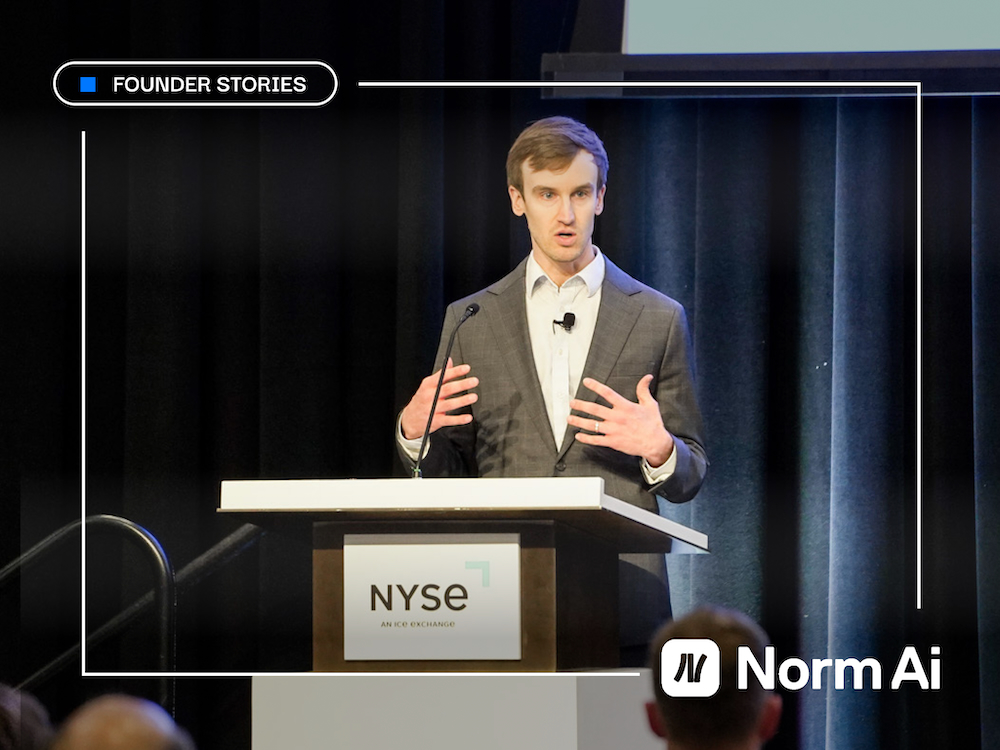Since it was founded in 2020, Playbook – the world’s first visual cloud storage platform built for creative professionals – has grown by leaps and bounds, now used by more than 50,000 freelance and in-house designers. Playbook uses intuitive tagging to make it easy for creative teams to find, store, and share video and image files, turning a usually dry list into an expressive Pinterest-like gallery. BCV led Playbook’s $18 million Series A round in April. We recently sat down with Co-Founder and CEO Jessica Ko to discuss how her own frustrating days as a UX designer led her to create Playbook, as well as her tips on fostering product-led growth and defining a monetization strategy.
Before you co-founded Playbook, you were a designer yourself at Opendoor and Google. What made you want to start Playbook?
I was leading design operations at Opendoor and felt the pain of finding, sharing, and storing creative files first hand. The company was growing really fast, so the volume and demand for marketing assets were skyrocketing. Every day, we got requests from all over the company asking for a white version of a logo, this or that photo. And then we dug through folders in Dropbox and Google Drive, spending hours each week. Sometimes we recreated or bought photos that we already had because we simply couldn’t find what we were looking for. That’s when I had the idea of a platform like Playbook. I thought, what if we redesign files and folders via cloud storage to serve creative processes better?
What has been the biggest challenge you’ve faced so far as an entrepreneur, and how have you overcome it?
The biggest challenge I had in the beginning was building the founding team. We closed our seed round and then a day later, Covid happened. We went directly into lockdown. There was no easy way to meet people and almost no one wanted to quit their jobs to go to a startup during a global pandemic. Luckily, my co-founder Alex Zirbel and I are both engineers and designers. We kept our heads down and kept building, so it turned out to be a great time to focus on our product. With no outside parties or meetups, there were few distractions. Months after that, we hired our first employees, so it did take awhile, but we made our hiring choices with a lot of careful thought, and that’s how we built such an incredible, dedicated early team.
Playbook has benefitted from product-led growth, with designers adopting the platform through word-of-mouth. What are some ways Playbook has been able to expand on that organic growth?
Well it certainly wasn’t on Twitter, as we’re pretty bad at Twitter! We tried many things to spur adoption, though, and some worked and some didn’t. Looking back, there are a few strategies we got right. First, our product has a very unique value prop, so there are users who just love Playbook and can’t imagine going back to traditional cloud storage. Once they started using it, they told all their friends and colleagues. Second, while the product was being developed, we gave away the pro tier to early adopters for free, to keep them engaged. At the same time, we iterated on our community guidelines and made it difficult for bad actors to stay on our product. Third, we built strong relationships with design communities like Dribbble and Creative Market. We ran workshops and blog posts on their platforms that have millions of members already, and that drove new users to our product.
Everyone else in your space charges for storage. How did you decide on your free-storage-for-creatives model, and how does this fit into your business model? Do you have a philosophy behind your monetization strategy?
I think a monetization strategy can be as innovative as a product. And it can be different from what everyone else is doing; every company is unique and how you sell your products should be, too. I also believe pricing determines which direction the company is going. I didn’t want us to be in cloud storage forever, thus, I didn’t want us to charge for storage. I want Playbook to stay creative, grow massively, and become part of every creative’s daily work process. Once files are stored and organized, we will only charge for things that would help creatives unlock value from their work.
Behind a seemingly simple interface, Playbook runs on sophisticated technology, including machine learning that powers searches across image contents, extracted text, and similar images. How did you attract top engineering talent and what advice would you give to other founders trying to hire?
Playbook is a fun product for engineers because there’s so much to do with visual files. Our engineers have told us that working with beautiful art, media, and design files is inspiring and helps them be more creative with code and architecture. They’ve built this really cool technology behind our product, and so naturally, that attracts more engineers who share a passion for building beautiful products. We have also had much more success attracting talent who are friends, friends of friends, and ex-coworkers of our employees and contractors. To hire great teams, treat your employees and contractors right, as they’ll become your biggest advocates to bring on new people.
The Takeway
- Treat your employees well and they’ll bring in many new hires
- Don’t blindly follow the same sales strategy as everyone else
- Partner with online communities to drive product-led growth



